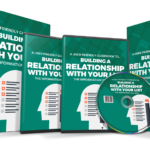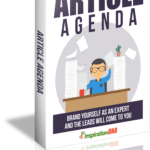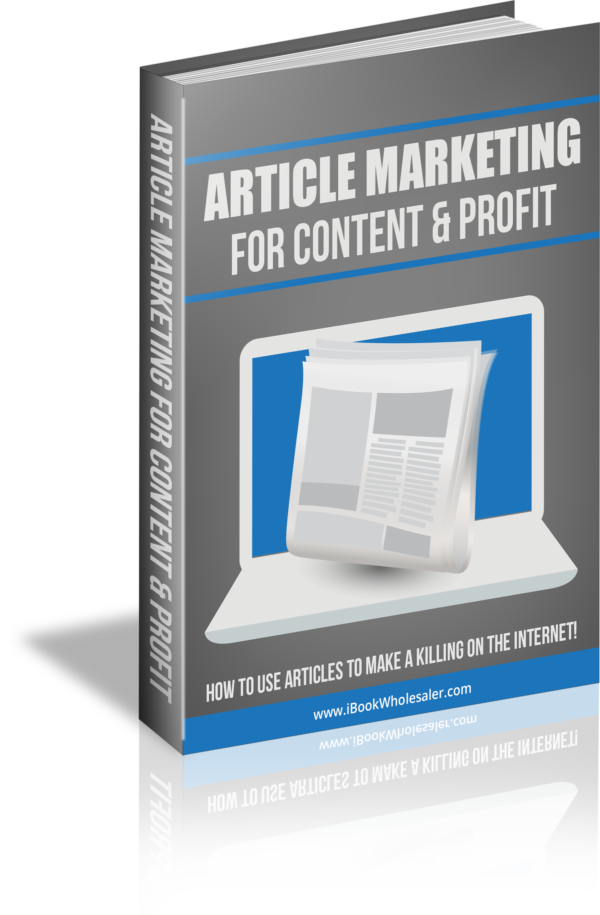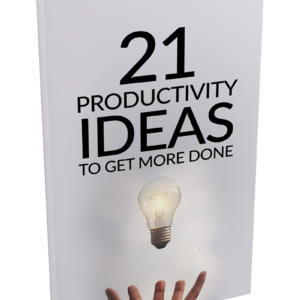Description
You have a website. You want traffic. Therefore, you need articles.
If someone says the word “article” to you, you might think of stories in magazines and newspapers. Unless, of course, you’re a serial grammarian, in which case you may picture a series of short words: a, an, the, and so on. In the interests of avoiding confusion (and assuaging the serial grammarians), all references to articles” in this book should be assumed to mean this: Article: A relatively short, informative piece of writing that conveys an idea or
concept in a useful, interesting and/or entertaining manner.
Now, take a good look at that definition. There are several key words to help you determine what an article is. The word “informative” is perhaps the most important. Good articles let the reader walk away (or click away, as the case may be) knowing something they didn’t know before. People read articles expecting to either learn something or be entertained—preferably both.
What about the term “relatively short”? Articles can vary in length, from a few paragraphs to several pages. The length of an article should depend on the information you’re trying to convey. For example, “How to Make a Peanut Butter and Jelly Sandwich” would be relatively shorter than “The Basic Operating Principles of Fission Reactors.”
The last part of the definition is to help you understand what an article isn’t. This is a crucial concept for anyone using articles to increase website traffic and









Reviews
There are no reviews yet.